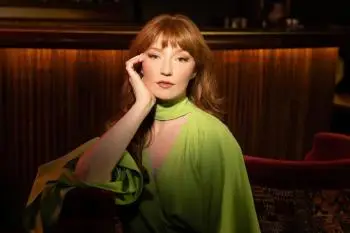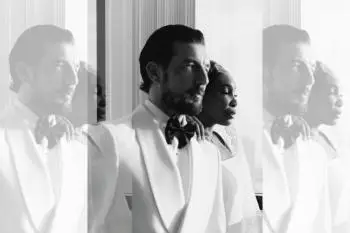James Arthur Says ADHD Is His Secret Songwriting ‘Superpower’
- Oasis FM
- 03-05-2025
- Showbiz News
- Photo Credit: facebook.com/JamesArthur
James Arthur has opened up about how his ADHD diagnosis has shaped his creative process, calling the condition his “superpower” when it comes to songwriting. The former X Factor winner, known for his emotional ballads and raw lyrics, believes that his neurodivergence plays a major role in his musical success.
In a candid new interview, the 36-year-old singer reflected on how his attention-deficit/hyperactivity disorder, which he was diagnosed with as an adult, allows his mind to move quickly and creatively, even if it brings challenges in other areas of life.
“My ADHD is a blessing and a curse,” Arthur explained. “I’ve always struggled with focus and restlessness, but when I’m writing music, it becomes this superpower. My mind jumps from one idea to the next so fast, and sometimes that’s exactly what sparks something brilliant.”
Arthur, who shot to fame after winning The X Factor in 2012 with his heartfelt rendition of Shontelle’s “Impossible,” has gone on to sell millions of records and carve out a successful career both in the UK and internationally. But behind the scenes, he’s been open about struggling with anxiety, depression, and self-doubt, issues he now believes were deeply connected to his undiagnosed ADHD.
“It explains so much about the chaos I’ve felt inside for years,” he said. “I used to think I was just erratic or lazy, but now I know my brain just works differently. And that difference has given me some of my best songs.”
Arthur’s honesty is part of a broader movement among artists and public figures who are embracing neurodiversity and opening up about the realities of living with ADHD. Rather than viewing it solely as a limitation, many, like Arthur, are reframing it as a source of creative energy and originality.
His latest work, including his most recent album Bitter Sweet Love, continues to be infused with personal insight, emotional depth, and vulnerability, hallmarks of his writing that fans have come to love. And according to Arthur, embracing his ADHD rather than fighting it has been key to unlocking that artistic truth.
“I used to be afraid of the way I thought,” he said. “Now I know that the very thing I struggled with might actually be what makes me stand out. It’s a part of me, and it’s probably the reason I write the way I do.”
Arthur is now hoping that by speaking out, others with ADHD might feel empowered to see their differences as strengths, too.


























